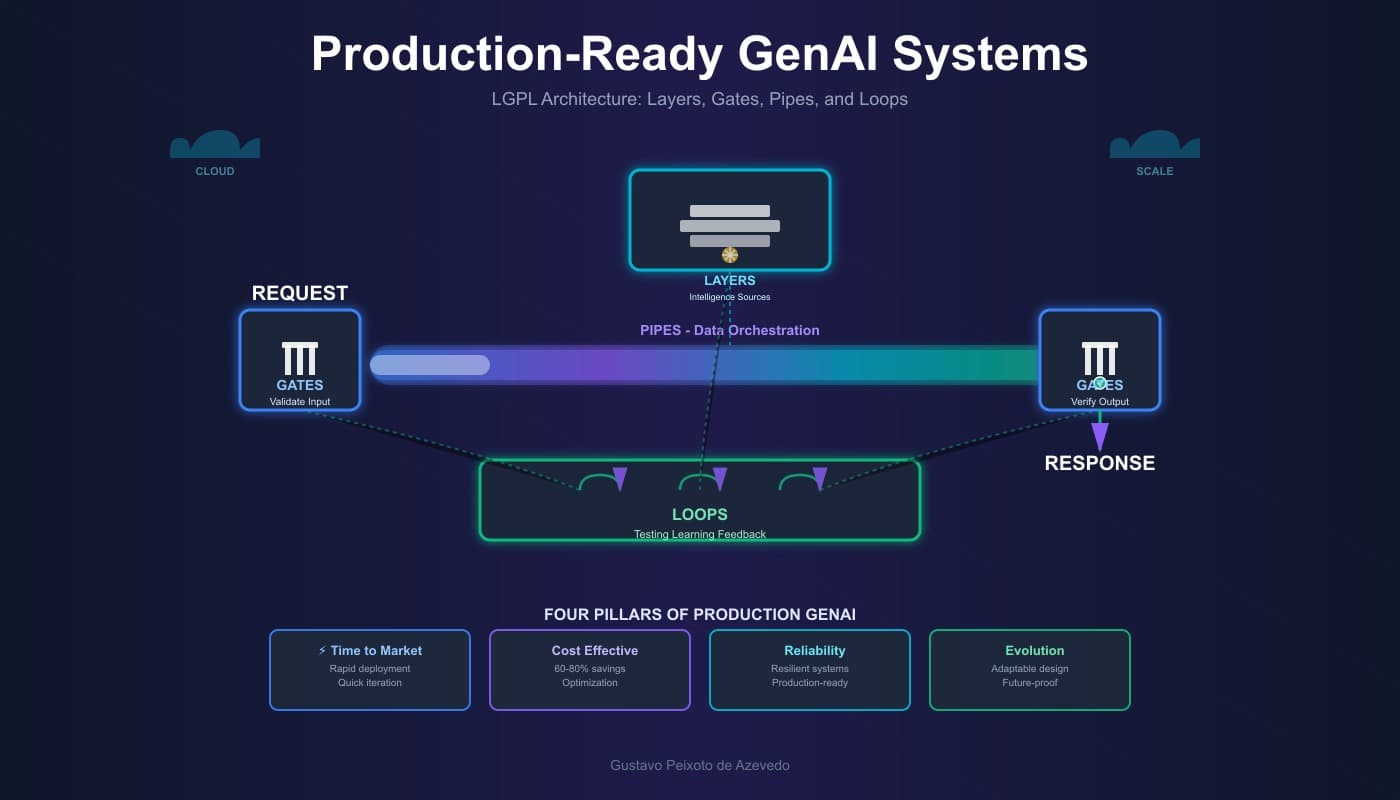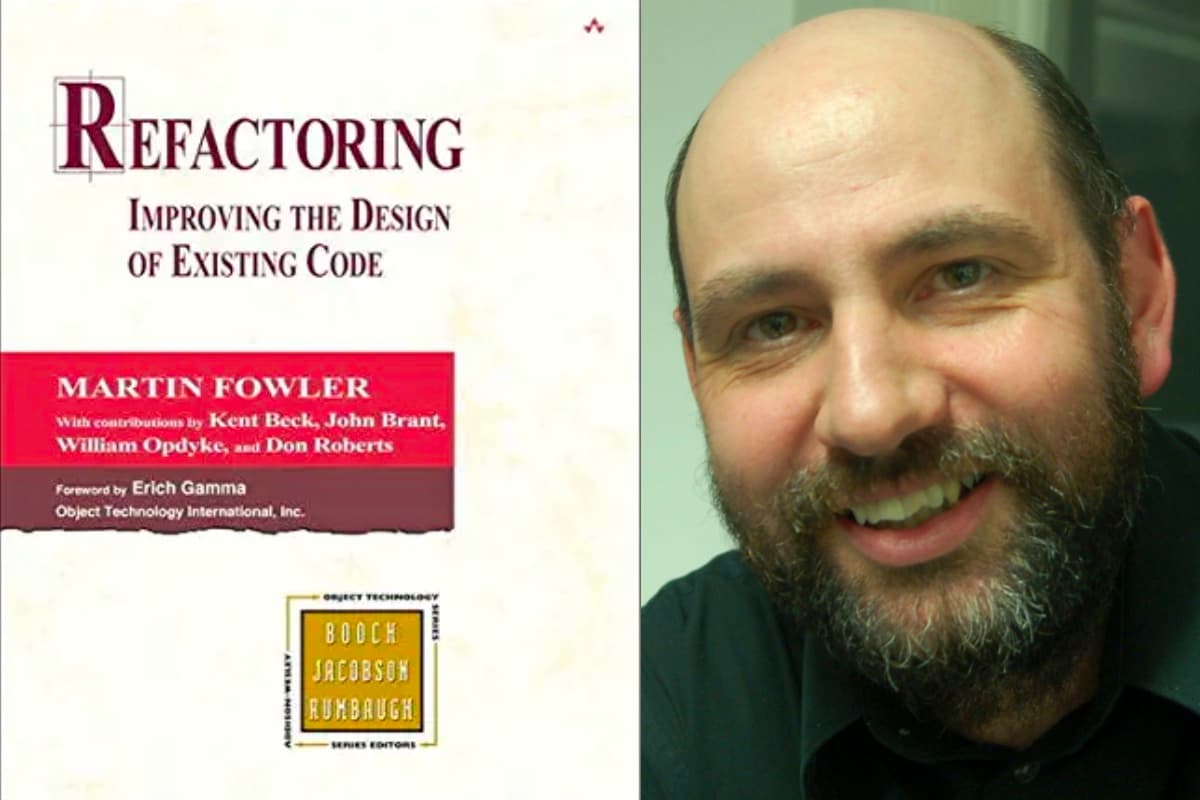Welcome!
We've always loved Software and its magical transformational power, and it has been a wonderful journey.
We started with Computer Engineering, building CAD tools for microelectronics, operating systems, and compilers. We expanded our focus to e-Business and leveraged its power, transforming how companies and people work. Cloud Computing and AI Engineering are now pervasive, and the power to innovate has reached unprecedented levels.
The Sympriser Blog is a collection of our reflections on software design, technical leadership and business innovation.
Top Articles


Production-Ready GenAI Systems: Why Architecture Matters
In today's competitive landscape, the success of GenAI applications hinges on four critical factors: time to market, cost effectiveness, reliability, and system evolution. Organizations rushing to deploy generative AI solutions often discover that getting a model to produce impressive demos is vastly different from running a system that serves thousands of users without breaking the bank or breaking down. The difference between these two outcomes lies in architectural thinking.


Authentication and Authorization in a Microservices Architecture
Authentication and Authorization are critical issues in any IT system that deals with swnsitive informations. A distributed system as an Event-Driven collection of Microservices running on the cloud adds additional challenges for these issues.
This post recapitulates the characteristics of an Event-Driven Microservices Architecture, what is Authentication and Authorization, explains the requirements for a Solution, and finally proposes a solution that addresses these requirements.


TypeScript Starter for a Better Developer Experience in 2021
TypeScript is an evolving type-safe superset of JavaScript, that offers modern language concepts and constructs. Combined with NodeJS is a favored option to write scalable applications.
A well-configured TypeScript installation can improve your Development Experience, accelerating your development workflow and reducing your cognitive load.
Here, I show how I configure TypeScript, helping me work better and faster. I explain my decisions and describe how to implement them. You will understand my approach and have a 2021 starter TypeScript installation to use in your projects.


The Open/Closed Principle: Concerns about Change in Software Design
High-quality software designs are easier and safer to work with. Investing in quality demands discipline and skill. Good design principles are usually helpful. But are they always applicable?
This post investigates the applicability of the “Open-Closed Principle” when adding new functionality to a software design whose source code is entirely under our control.
Our argument is based on Dijkstra’s concept of separation of concerns.


Revisiting Fowler’s Video Store: Refactoring Code, Refining Abstractions
Refactoring techniques and Design Patterns have been extensively propagated and advocated for over a decade now. Why we still find it hard to change, anaemic or overly complex object-oriented structures? What is missing in our design practices?
We posit that continuously refining the abstractions we build in our code is a necessary ingredient for effective refactoring.
In this series, we use Fowler’s didactic Video Store program to show how the focus on refining abstractions generates practical advanced refactoring strategies that improve design simplicity, expressiveness and flexibility beyond standard object-oriented practice.